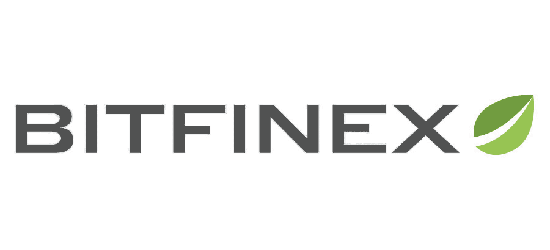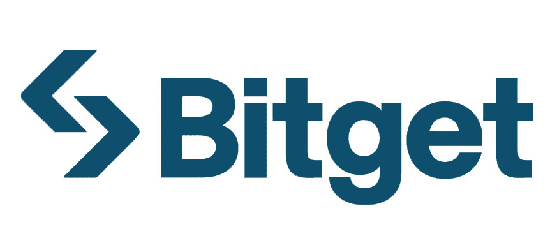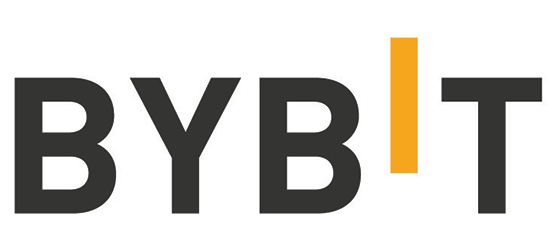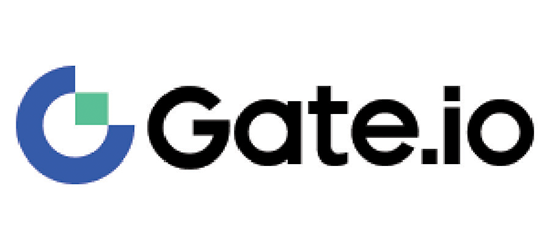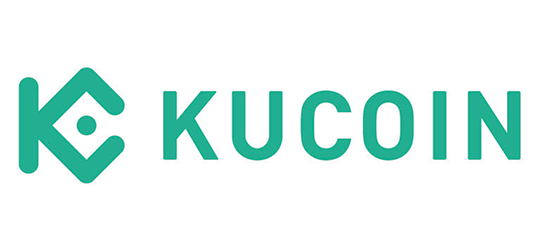
Arkham Intelligence Ignites Crypto Controversy with Innovative On-Chain Intelligence Exchange
In the world of crypto where anonymity is a key feature, Arkham Intelligence has been hit with controversy surrounding the upcoming launch of its blockchain marketplace, the Arkham Intel Exchange. Designed as the world's first on-chain intelligence exchange, the new platform has been met with backlash from the crypto community over concerns of potential privacy breaches. The newly unveiled Arkham Intel Exchange aims to bring together buyers and sellers of valuable blockchain data related to any cryptocurrency wallet through a bounty mechanism, according to Company's blog post.
Announcing Intel Exchange
In a concise thirty-second promotional video, Arkham Intelligence provides viewers with a glimpse of the platform's capabilities. The new exchange promises to link users anonymously, enabling them to buy and sell information on the identities of crypto wallet holders via smart contracts.
This is achieved through a unique bounty mechanism. Users can post bounties seeking on-chain information by locking funds to request data on crypto addresses or entities. These bounties can then be fulfilled by "bounty hunters," such as blockchain researchers or sleuths, who will exchange intelligence in return for payment.
According to the annoucement, some hypothetical examples of bounties include:
- Finding a hedge fund’s wallet addresses
- Locating the team wallets for a certain protocol
- Finding the real identity of an impersonator of a prominent person
- Victims of an exploit pooling resources to source intel on the exploiter
While this inventive approach seems to hold promise for crypto traders, investors, researchers, journalists, and other stakeholders who require clear, comprehensive, and accurate on-chain data, it has also sparked mixed reactions. Critics argue that this practice could grant a potentially dangerous financial advantage to those who unmask personal and private information.
Furthermore, the perceived lack of decentralization on the platform has become a cause for concern among skeptics. The Arkham Foundation, responsible for reviewing and approving auctions and bounties, has raised questions about the platform's overall decentralization and impartiality.
Arkham justifies the launch of its new solution as a means of simplifying the lives of crypto traders, investors, journalists, researchers, and others who require comprehensive, clear, and accurate on-chain data but lack the time and expertise to develop proficiency in blockchain analysis.
The marketplace, known as the Arkham Intel Exchange, will introduce a native token called ARKM, designed to "deanonymize the blockchain." The token will be issued on the Binance Launchpad, with 50 million tokens available for sale, representing 5% of the total supply. Each user will have the opportunity to purchase up to $15,000 worth of ARKM tokens during the sale, which is scheduled to run from July 11 to July 17.
Data Leaks Adds Fuel to the Fire
Shortly after the announcement of its new crypto intelligence marketplace, Arkham Intelligence faced renewed backlash regarding its approach to generating referral links.
The company's method of collecting user data and exposing personal email addresses drew criticism from the broader crypto community. This discovery further fueled the community's discontent with Arkham Intelligence.
The issue arose from Arkham's implementation of the weblink referral program. Users of Arkham's wallet tracking dashboard could invite others to the platform by sharing their unique referral URL, which appeared as a series of seemingly random characters. However, these characters were, in fact, an easily decodable version of the user's email address written in Base64.
Astute Twitter users swiftly realized that they could extract data from Arkham's referral links and decode them using a Base64decoder, thus obtaining the original poster's complete email address. Some users even went as far as generating fake referral links, mocking Arkham's approach. Examples included elon@spacex.com and SamBankman-Fried@ftexchange.com, among others.

In response to the controversy, Arkham CEO Miguel Morel took to Twitter to address the concerns. Morel explained that the company had designed the links in this manner during its beta phase to track users' referrals for the purpose of rewarding them. He clarified that the referral links were not intended to collect user emails, as users already provided their email addresses during the signup process. Morel assured users that the company would implement an encrypted version of the referrer's email in future referral links to prevent reverse-engineering. This change has already been implemented.
The incident was brought to the attention of the public by the pseudonymous m4gicpotato. The tweet quickly went viral, amplifying the concerns surrounding Arkham Intelligence's privacy practices.
Another user, Matsumoto, revealed a January direct message exchange between Arkham and himself. The company appeared to have acknowledged the issue several months ago, but it appears to have taken no action since then to resolve the issue.
Furthermore, Adam Cochran, an executive at Synthetix and a contributor to Yearn Finance, shared a list detailing the data collected by Arkham Intelligence. The comprehensive list includes contact information, interests, usage patterns, marketing data, communications, transaction history, blockchain addresses, and even personal device information.
What is Arkham Intelligence?
Currently in private beta, Arkham Intelligence offers a blockchain engine that allows users to track crypto activities. Its platform enables users to customize alerts for on and off-chain activities, view their history against pricing and other signals, and set targeted alerts. Notably, the user interface organizes data by entity, tracking the flow of funds rather than sorting information by token, which distinguishes it from its competitors.
Already boasting a user base that includes media outlets, crypto exchanges, hedge funds, and other financial institutions, Arkham Intelligence has garnered attention due to its role in deciphering the intricate flow of funds during the FTX collapse. The company has secured $12 million in funding and aims to exit its beta phase, officially launching to the public by the end of 2023. With its current resources, Arkham Intelligence plans to expand its feature set, add support for additional blockchain networks, and develop tools that will resonate with traditional finance users.
Yet, as Arkham Intelligence stands on the threshold of significant growth, the controversy surrounding privacy issues presents a formidable challenge. The company now faces the task of winning back the trust of a community for whom privacy is not just a preference, but a fundamental right. How Arkham will navigate these challenges to find successl may well determine its future.









